Discover how to enroll in the B.Tech Mechanical Engineering in Industry Integrated program, including admission criteria and application procedures for this specialized industry-integrated course.
Admission Process for B.Tech Mechanical Engineering in Industry Integrated Course
Pursuing a Bachelor of Technology (B.Tech) in Mechanical Engineering with an industry-integrated approach offers students a unique opportunity to bridge the gap between academia and real-world industrial practices. This program equips students with practical skills and knowledge that are directly applicable to the industry. To embark on this educational journey, understanding the admission process is essential. In this guide, we will explore the various aspects of the B.Tech in Mechanical Engineering (industry-integrated) admission process.
1. Eligibility Criteria:
Before applying for admission to a B.Tech program in Mechanical Engineering with an industry-integrated approach, prospective students must meet specific eligibility criteria set by the respective educational institutions. While these criteria may vary among institutions, some common requirements typically include:
• Successful completion of 10+2 or equivalent education from a recognized board with a strong background in Physics, Mathematics, and Chemistry.
• Obtaining a minimum percentage, often around 50% to 60%, in the 10+2 examinations.
• Some institutions may conduct their entrance examinations, while others admit students based on national or state-level entrance exams.
2. Entrance Examinations:
Many reputed institutions offering B.Tech programs, including Mechanical Engineering with an industry-integrated approach, may use entrance examinations as a means of selecting candidates. However, some industry-integrated programs may prioritize work experience or vocational training over traditional entrance exams. Specific requirements can vary by institution, so it's essential to check the admission criteria of the program you are interested in.
3. Application Process:
Candidates who meet the eligibility criteria and entrance exam requirements should initiate the application process. Here are the typical steps involved:
• Visit the official website of the institution offering the B.Tech program.
• Create an account or log in if you already have one.
• Complete the application form with accurate personal and academic details.
• Upload the required documents, which may include 10+2 mark sheets, vocational training certificates, proof of work experience (if applicable), passport-sized photographs, and identity proof.
• Pay the application fee, which varies from one institution to another.
• Submit the application form before the specified deadline.
4. Merit-Based Admissions or Vocational Training Evaluation:
For industry-integrated programs, institutions may emphasize merit-based admissions or evaluate candidates based on their vocational training and work experience in relevant industries. Some programs may require applicants to undergo interviews or skill assessments to determine their suitability for the industry-integrated approach.
5. Counseling and Seat Allotment:
Once candidates are shortlisted, counselling sessions may be conducted to guide them through the seat allotment process. During counselling, students can discuss their preferences for the industry they want to be integrated into, based on their aptitude and career goals. Seat allocation typically factors in merit, vocational training, work experience, and any applicable reservation criteria.
6. Document Verification:
Candidates who are allocated seats must undergo a document verification process to ensure the authenticity of their educational records, vocational training certificates, and work experience details.
7. Payment of Fees:
After securing a seat, students are required to pay the admission fees and any associated charges. The fee structure varies by institution and may include tuition fees, vocational training fees, and other miscellaneous expenses.
8. Commencement of Classes and Industry Integration:
Upon completing all admission formalities, students can start attending classes for their B.Tech in Mechanical Engineering (industry-integrated) program. This program typically includes periods of industry exposure and internships, allowing students to apply their academic knowledge directly to real-world industrial projects.
 4 Years
4 Years
 Under Graduate
Under Graduate
 Engineering
Engineering
 Full Time
Full Time



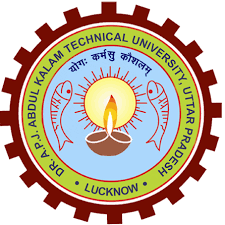
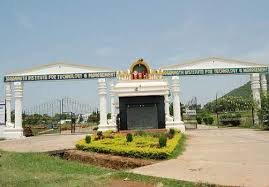
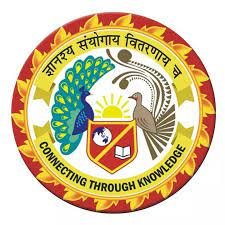
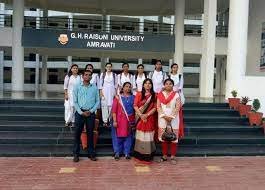



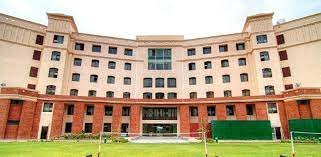
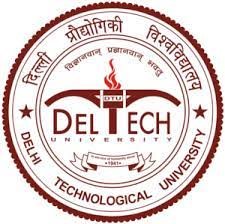

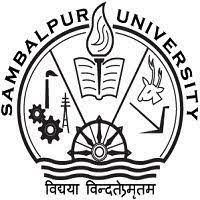

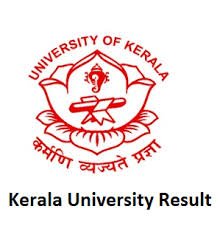

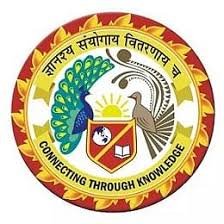

 back
back

